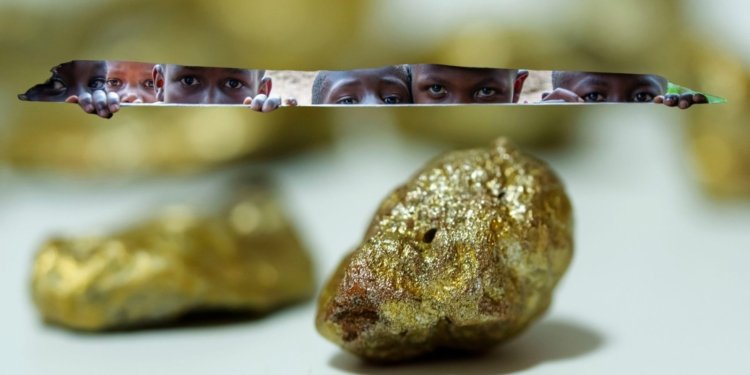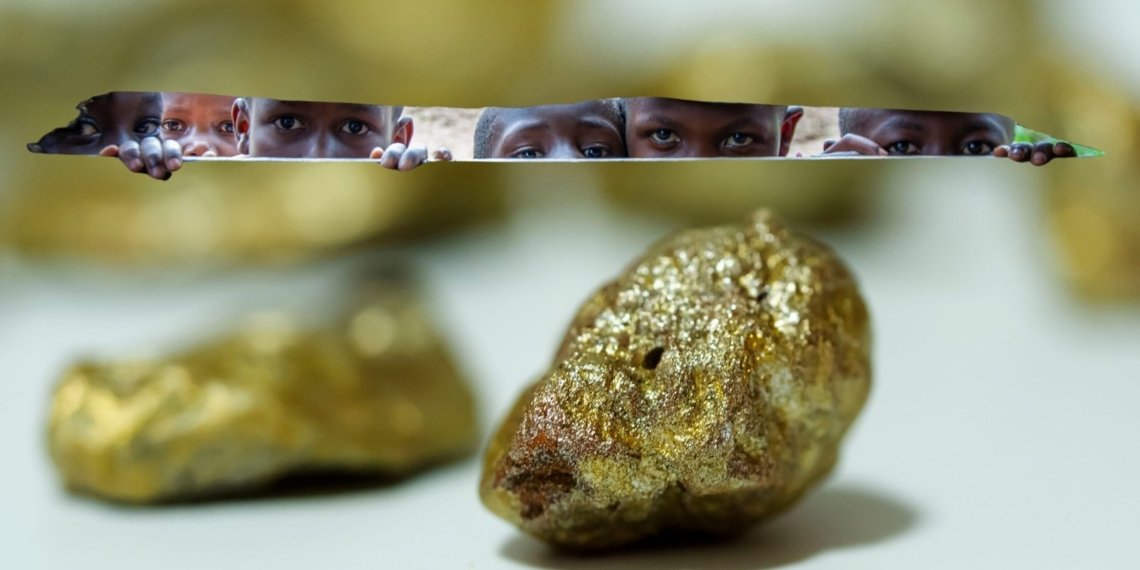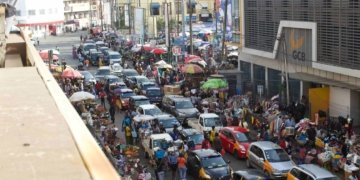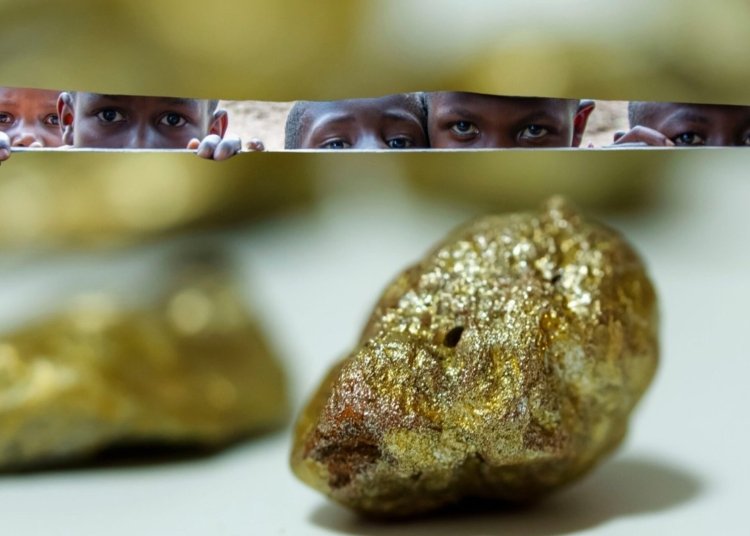KINSHASA – As global demand for cobalt, lithium, and other critical minerals rises, Africa stands at a turning point. The continent holds vast reserves essential to clean energy and advanced technologies, yet risks repeating a familiar pattern: exporting raw materials while missing out on long-term economic benefits.
Experts and policymakers are now calling for a new approach, one grounded in fair contracts, stronger local participation, and value-added production.
“The level of excitement to make business deals in the critical mineral space is high these days,” Rama Yade, senior director at the Atlantic Council and former French minister and ambassador, said in a recent video post on X, formerly Twitter.
Speaking on Africa’s vast mineral reserves, Yade cautioned that while foreign investment surges, African nations must redefine how they engage with the global market to ensure long-term benefits for their economies and citizens.
A Continent Rich in Resources, Yet at Risk
Africa holds approximately 30% of the world’s critical mineral reserves. These elements are vital for the clean energy transition, powering electric vehicles, mobile phones, and medical technology. As demand skyrockets, so does competition.
The Democratic Republic of Congo (DRC), home to significant cobalt and lithium deposits, is at the center of this geopolitical struggle.
The United States recently signaled interest in a potential minerals-for-security deal with Congo, according to a Reuters report.
Meanwhile, China has long dominated Africa’s mining sector, investing heavily in extraction projects but often facing criticism for exploitative practices.
Security concerns further complicate the issue. The DRC’s ongoing battle against the M23 rebels has destabilized mineral-rich regions, threatening supply chains and investor confidence.
As global powers vie for access to these resources, African nations find themselves at a crossroads: continue the current path or push for policies that ensure greater local economic benefits.
Rama Yade’s Call for a Shift in Strategy
For Yade, Africa must change its approach to resource management. “Not to draw an unwanted attention on African resources, we know how, when it comes to its resources, Africa has always been the victim of predatory behaviors,” she said, pointing to historical exploitation by colonial powers and more recent economic pressures from China.
To break this cycle, she argues, African governments must take several steps:
- Renegotiate mining contracts to secure better terms for local economies.
- Strengthen legal frameworks to attract responsible investment while preventing exploitation.
- Invest in human capital to build a competitive low-carbon manufacturing sector.
- Encourage local participation in the mining industry rather than allowing foreign companies to extract raw materials with little return for African societies.
Without these changes, Yade warns, African nations will capture only a fraction of the estimated $200 billion in mining revenue expected over the next five years.
Opportunities and the Critical “If”
The economic potential is enormous. Experts project that Africa could generate between $200 million and $2 billion in annual revenue from critical minerals by 2030.
The sector could create up to five million jobs over the next three decades if African nations build a robust, low-carbon industrial base.
The keyword is “if.” If Africa continues to export raw materials without adding value, it risks repeating the mistakes of the past, watching wealth leave its shores while local communities remain impoverished.
But if governments implement strong policies, enforce fair mining agreements, and prioritize infrastructure development, the continent could emerge as a global leader in the critical minerals supply chain.
The Road Ahead: Seizing Africa’s Moment
The path forward is not without challenges. Corruption, weak governance, and foreign influence have long hindered Africa’s ability to fully capitalize on its resources.
Yade argues that African leaders must take control of their mineral wealth through “tight review of mining contracts, local participation, and national preference.”
This means extracting minerals, processing, and manufacturing them within Africa, thereby turning resources into long-term economic power.
As global competition for crucial minerals intensifies, Africa’s decisions today will determine whether it remains a supplier of raw materials or becomes a significant player in future industries.
With the world watching, the time to act is now.
























